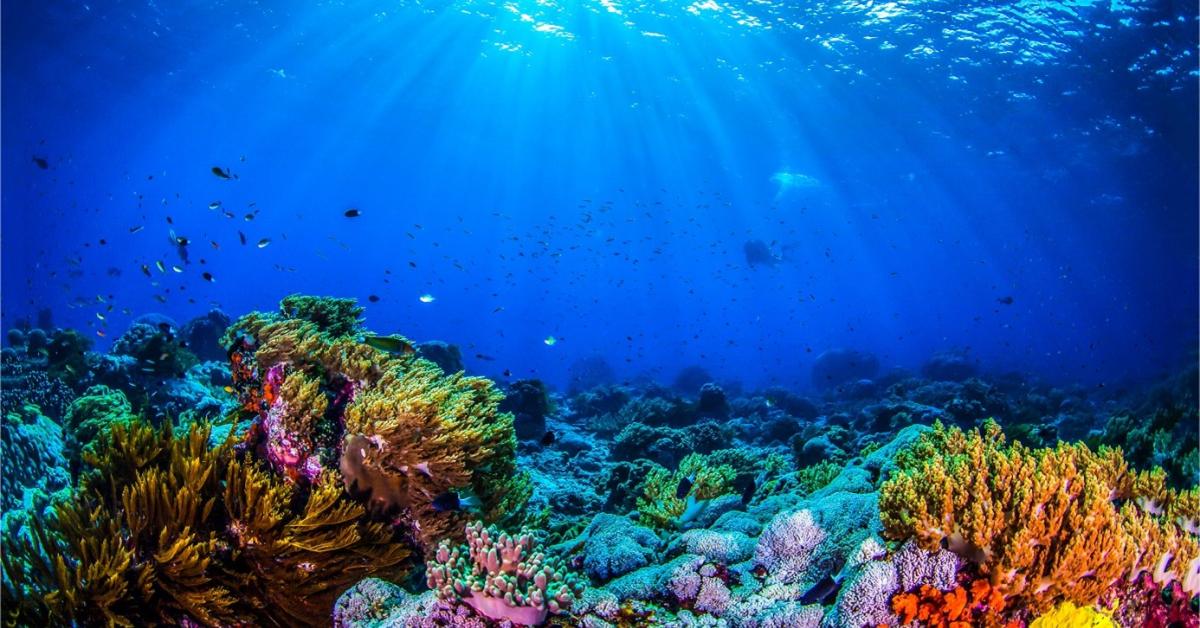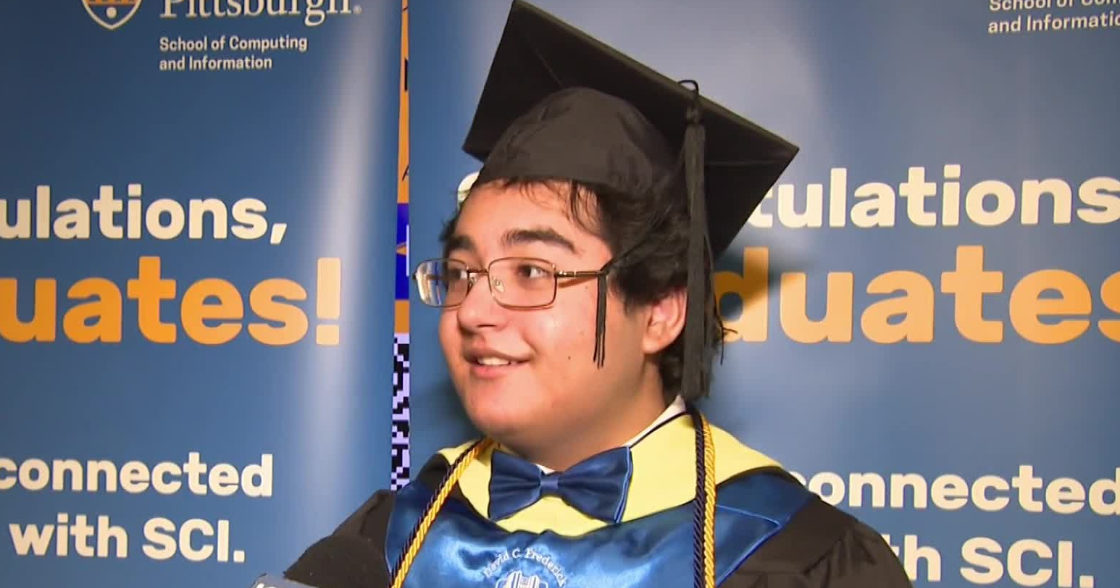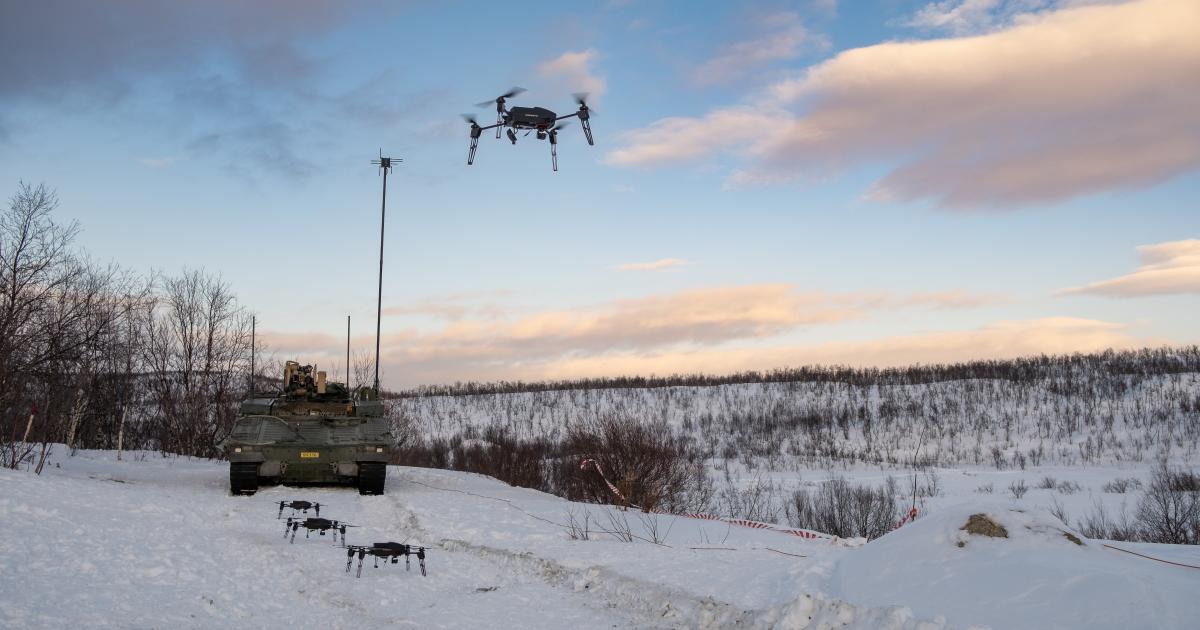The UNESCO Chair in Marine Sciences, led by Prof. Vethamony, plays a vital role in the region’s marine conservation efforts. The team monitors pollution in the Arabian Gulf, focusing on oil, industrial effluents, and microplastics. They also study the lasting impacts of the 1991 Gulf War oil spill and the effects of marine and coastal developments on pearl oyster harvesting and “shamal winds” in the region.
Collaborating with private sector partners, the team is working on projects to restore coastal and marine habitats in the Persian Gulf. Mangrove restoration is essential for combating climate change and preventing coastal erosion. Artificial coral reefs planted by the team are already showing promising results, with fish populations returning to the area.
In addition to habitat restoration, the UNESCO Chair in Marine Sciences is engaged in innovative research projects on aquaculture. One project explores the use of insect meal as a protein substitute for fish stocks, addressing growing pressure on fish resources. The Chair is also collaborating with UNESCO regional partners to promote careers in sustainable ocean practices, particularly targeting young professionals.
Prof. Vethamony is dedicated to strengthening action on sustainable ocean practices and environmental conservation as the first UNESCO Chair in marine sciences in the region. Working with partners like UNESCO Chair on Technical and Vocational Education and Training and Sustainable Development in Qatar, the team aims to inspire future generations of professionals to pursue careers in marine sciences and environmental sustainability.
Overall, partnerships are crucial for advancing sustainable ocean practices and environmental conservation efforts led by Prof. Vethamony’s team at UNESCO Chair in Marine Sciences.



